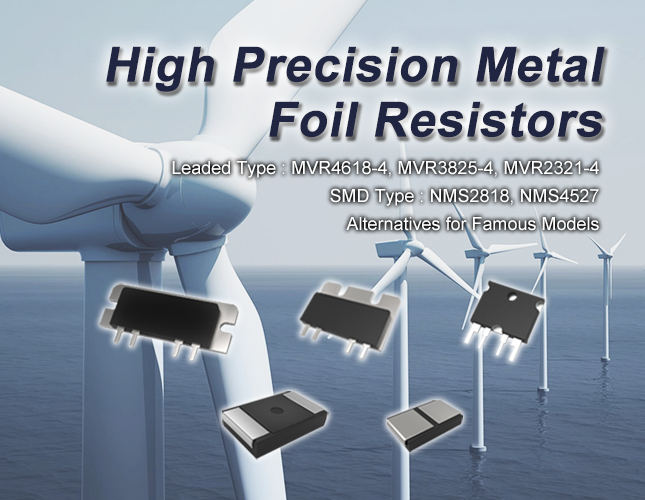When trying to build a current monitor for a wireless sensor network, what kind of resistors shall i choose, high precision resistors or current sense resistors?
Let's see the difference between them.
Current sense resistors are generally low-value, high-power resistors. They are intended to develop a small voltage for a given current, so they are low in value. When used in power supplies they may well carry significant current and dissipate significant power, so they tend to be high-power units. For many applications they are not used to measure current with high precision, but this is not guaranteed.
That current sense resistor is possible to mount on a cooling surface (PCB or heatsink) so it does not overheat. If this is needed is entirely up to your application. The power loss in the resistor will be: P = I^2 * R
Some current sense resistors also has two more terminals to be able to measure the voltage over the resistor even more accurately. These usually connects directly at the middle of the resistor.
Precision resistors are simply resistors which have stable, well-defined resistance. The existence of non-zero temperature coefficients means that, for a similar size a very high precision resistor will be limited to lower power than a non-precision resistor, although this does not apply for precisions of 1 % or less.











